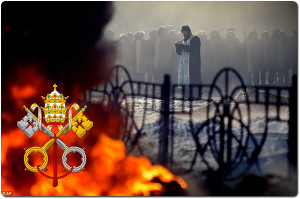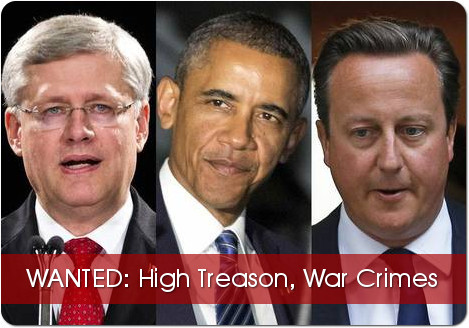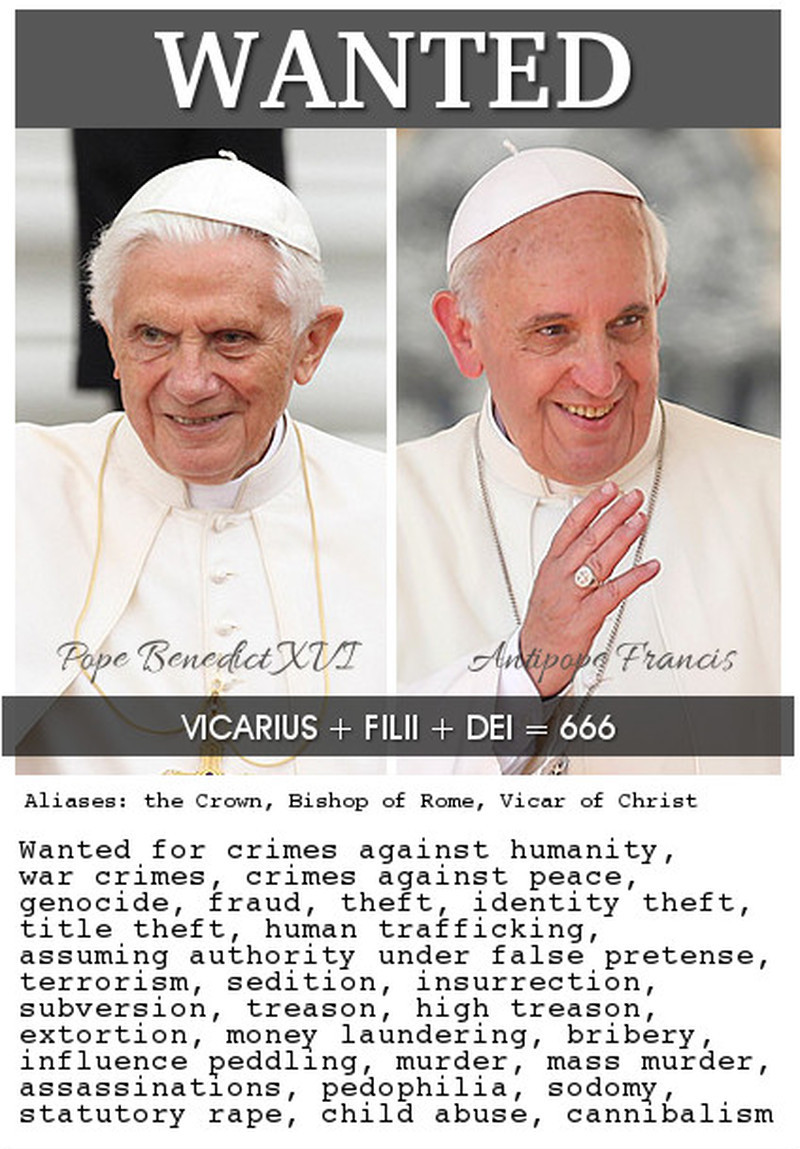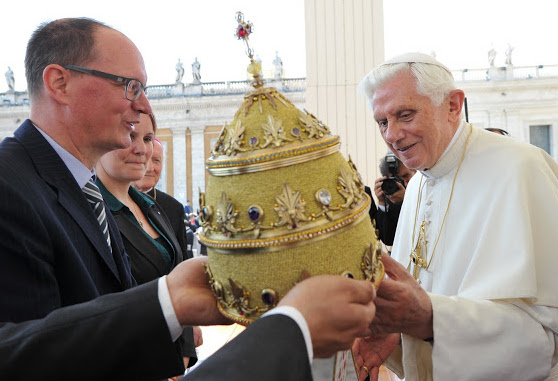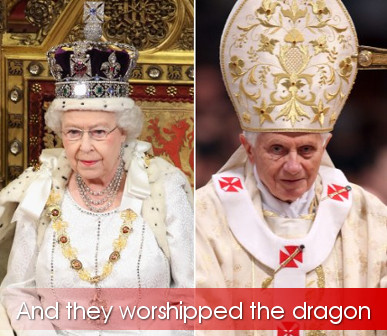Why another election? Stephen Harper’s government was charged with electoral fraud, contempt of parliament and incompetency.
Latest news, World news Sunday, April 10th, 2011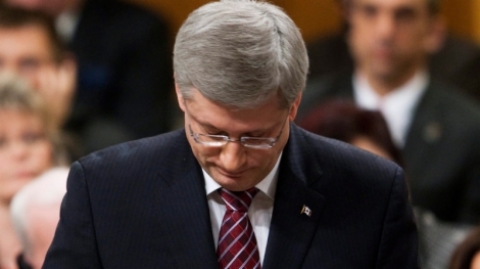
Electoral fraud undermines the integrity of free and fair elections. It’s an attack against the principle and the practice of democracy. A party shouldn’t come to power or stay in power by using tactics that break the law. At its core, that is what the Conservative Party in-and-out scandal is all about. That is why Canadians are going to the polls again – for the fourth time in seven years.
Electoral fraud by members of Stephen Harper’s Conservative government brought down the Canadian government. Obstructing the House of Commons investigation of this electoral fraud brought about the vote of contempt of parliament against the Conservative minority government and their leader Stephen Harper. The non-confidence vote tabled against Stephen Harper and his Conservative government was based on the findings and charge of contempt of parliament for electoral fraud.
Canada’s director of public prosecutions charged the leadership of Stephen Harper’s Conservative Party’s 2006 campaign team with breaking the law to affect the outcome of an election.
There are legal limits on what federal parties and candidates can spend during the course of an election campaign. The limits are there in order to ensure a level playing field between parties, so that our elections are both free and fair. In Canada, these laws help ensure that the people, not money, determines the outcome of an election.
That is the law that Senator Doug Finley, Senator Irving Gerstein, Michael Geniron and Susan Kehoe are charged with breaking. The Conservative campaign exceeded the 2006 legal spending limit of $18.3 million by $1.2-million. The Conservatives broke the law by overspending $1.2 million on national TV advertising to influence the outcome of battleground ridings instead of the ridings that claimed the expense.
Whether or not you agree with the principle of campaign spending laws, they are still the law, and while the Canadian public and reporters may not be familiar with them, they are well known to everyone who runs a campaign. Even in a local campaign for MP, overspending is punishable with jail time.
Stephen Harper and his Conservatives have argued that it is an accounting dispute. The detailed allegations tell another story. In order to make it appear that the $1.2 million was being spent locally, the national Conservative campaign transferred it to 67 local Conservative campaigns for 24 hours, then transferred it back out. The media company responsible for buying the ads stated that its invoices were forged or altered to support this version of events. Then, local campaigns applied for $777,000 in government rebates to which they were not entitled.
The accusations of forged and altered invoices make this much more than a mere “accounting dispute.” $187,000 of taxpayers’ money was paid out to Conservative campaigns before Elections Canada realized how widespread the scheme was.
At 67 candidates, it involves one in every five Conservative candidates in the 2006 election, in every province but Alberta. It includes 14 sitting Conservative MPs and four members of Stephen Harper’s cabinet: Stockwell Day, Josée Verner, Christian Paradis and Lawrence Cannon. Former minister Maxime Bernier’s campaign was also involved.
A lower court ruling that favored the Conservatives was overturned by the Federal Court of Appeal. The Conservatives’ only defense offered to the lower court had nothing to do with whether the scheme was legal or not; they simply argued that Elections Canada had no business investigating Conservative election expenses: that it was the department’s job to just rubber stamp campaign returns and hand over taxpayer-financed rebates.
Even today the Conservatives are denying the seriousness of the charges and suggest that other parties have done the same, though there is no evidence to back up their claim. Other parties transferred money between local and national campaigns, but none have been charged with doing it to conceal illegal spending.
The company doing the ad buying and a handful of Conservative campaigns expressed reservations because they thought the scheme might break the law. One Conservative candidate in B.C. who did participate was angry because the money transferred in his name bought an anti-Liberal ad, when his main competition was the NDP.
In an effort to demonstrate to the public how lightly he takes the charges, Prime Minister Stephen Harper has not removed senators Finley and Gerstein from the Conservative Caucus, though he removed Helena Guergis over a rumour of wrongdoing from a private detective.
That means that under Stephen Harper’s leadership, senators Finley and Gerstein, two people accused of breaking the law — and using forged documents to do so — still have a say in how our government is run. Gerstein is still in charge of the Conservative Party’s fundraising.
On May 2, 2011 vote wisely. The Conservative government of Prime Minister Stephen Harper was toppled because of charges of electoral fraud, contempt of parliament and incompetency and those charges triggered the fourth election in seven years. It is the first time ever that a Canadian government (Stephen Harper’s Conservative government) has been found in contempt of parliament. Stephen Harper “stonewalled” parliament for four months on details of its core spending priorities, as well as breaking election laws. Members of Stephen Harper’s government were formally charged with forging documents and misleading parliament. The Conservative government of Stephen Harper was found guilty of contempt of parliament.
You wouldn’t let a convicted pedophile into your home to look after your children so why would let Stephen Harper be prime minister of Canada again?
Short URL: https://presscore.ca/news/?p=2176

 The Halifax International Security Forum was founded in 2009 as a propaganda program within the German Marshall Fund (founded June 5, 1972 by West German Chancellor Willy Brandt) by the Crown in Canada using Crown Corp ACOA & DND funds. The Halifax International Security Forum is a front that is used to recruit top US, UK and Canadian gov and military officials as double agents for Canada's WWI, WWII enemy and wage new Vatican Germany Cold War.
High Treason: s.46 (1) Every one commits high treason who, in Canada (c) assists an enemy at war with Canada, ..., whether or not a state of war exists". Every one who, in Canada assists Canada's enemies wage "piecemeal WWIII" Cold War by organizing, funding and participating in the Germany government politically and militarily benefitting / lead Halifax International Security Forum is committing high treason.
The Halifax International Security Forum was founded in 2009 as a propaganda program within the German Marshall Fund (founded June 5, 1972 by West German Chancellor Willy Brandt) by the Crown in Canada using Crown Corp ACOA & DND funds. The Halifax International Security Forum is a front that is used to recruit top US, UK and Canadian gov and military officials as double agents for Canada's WWI, WWII enemy and wage new Vatican Germany Cold War.
High Treason: s.46 (1) Every one commits high treason who, in Canada (c) assists an enemy at war with Canada, ..., whether or not a state of war exists". Every one who, in Canada assists Canada's enemies wage "piecemeal WWIII" Cold War by organizing, funding and participating in the Germany government politically and militarily benefitting / lead Halifax International Security Forum is committing high treason.
 Please take a moment to sign a petition to
Please take a moment to sign a petition to 











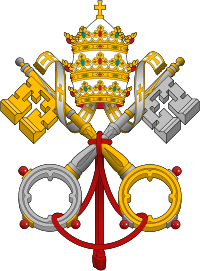
















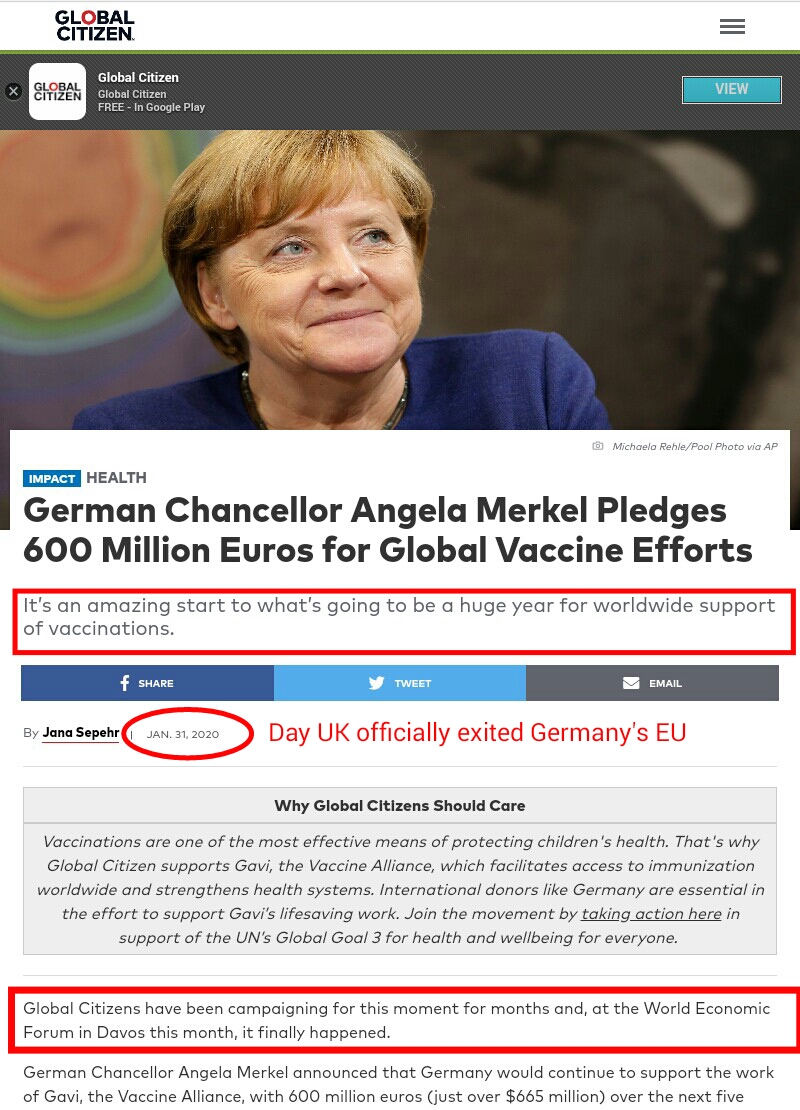






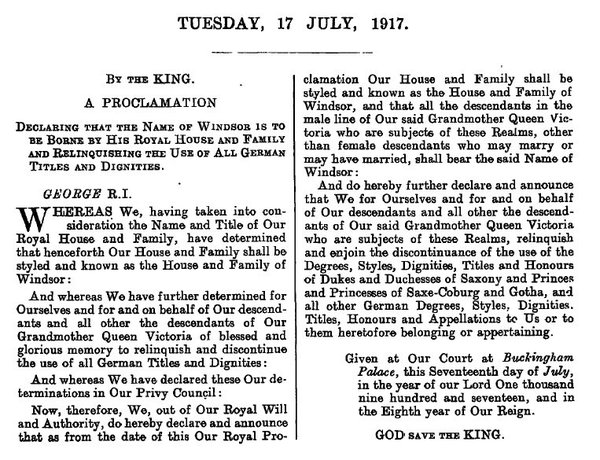




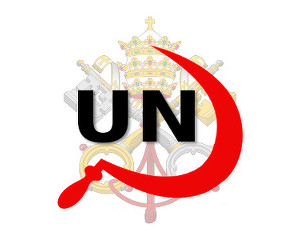
 1917 Code of Canon Law, Canon 185 invalidates (voids) all papacies since October 26, 1958 due to the fact Cardinal Giuseppe Siri was elected Pope on the Third ballot on Oct 26 1958 but the new Pope Gregory XVII was illegally prevented from assuming the office. A Pope was elected on October 26, 1958. Thousands of people witnessed a new Pope being elected by seeing white smoke and millions were informed by Vatican radio broadcasts beginning at 6:00 PM Rome time on October 26, 1958. The papacy of Francis, Benedict, John Paul II, John Paul I, Paul VI, John XXIII and any and all of their respective doctrines, bulls, letter patents and the Second Vatican Council are all invalidated (having no force, binding power, or validity) by Canon 185 because the 1958 conclave of cardinals elected Cardinal Giuseppe Siri Pope on Oct 26 1958. Cardinal Giuseppe Siri accepted the papacy by taking the name Pope Gregory XVII but was illegally prevented from assuming his elected office.. According to Canon 185 Cardinal Angelo Giuseppe Roncalli illegally assumed the papacy 2 days later by fraud and grave fear, unjustly inflicted against Cardinal Giuseppe Siri who was lawfully elected Pope Gregory XVII. Because no Pope has been lawfully elected since October 26, 1958 the Holy See (la Santa Sede/Seat) remains vacant.
1917 Code of Canon Law, Canon 185 invalidates (voids) all papacies since October 26, 1958 due to the fact Cardinal Giuseppe Siri was elected Pope on the Third ballot on Oct 26 1958 but the new Pope Gregory XVII was illegally prevented from assuming the office. A Pope was elected on October 26, 1958. Thousands of people witnessed a new Pope being elected by seeing white smoke and millions were informed by Vatican radio broadcasts beginning at 6:00 PM Rome time on October 26, 1958. The papacy of Francis, Benedict, John Paul II, John Paul I, Paul VI, John XXIII and any and all of their respective doctrines, bulls, letter patents and the Second Vatican Council are all invalidated (having no force, binding power, or validity) by Canon 185 because the 1958 conclave of cardinals elected Cardinal Giuseppe Siri Pope on Oct 26 1958. Cardinal Giuseppe Siri accepted the papacy by taking the name Pope Gregory XVII but was illegally prevented from assuming his elected office.. According to Canon 185 Cardinal Angelo Giuseppe Roncalli illegally assumed the papacy 2 days later by fraud and grave fear, unjustly inflicted against Cardinal Giuseppe Siri who was lawfully elected Pope Gregory XVII. Because no Pope has been lawfully elected since October 26, 1958 the Holy See (la Santa Sede/Seat) remains vacant.
 Hold the Crown (alias for temporal authority of the reigning Pope), the Crown appointed Governor General of Canada David Lloyd Johnston, the Crown's Prime Minister (servant) Stephen Joseph Harper, the Crown's Minister of Justice and Attorney General Peter Gordon MacKay and the Crown's traitorous military RCMP force, accountable for their crimes of treason and high treason against Canada and acts preparatory thereto. The indictment charges that they, on and thereafter the 22nd day of October in the year 2014, at Parliament in the City of Ottawa in the Region of Ontario did, use force and violence, via the staged false flag Exercise Determined Dragon 14, for the purpose of overthrowing and besieging the government of Canada contrary to Section 46 of the Criminal Code. In a society governed by the rule of law, the government and its officials and agents are subject to and held accountable under the law. Sign the online
Hold the Crown (alias for temporal authority of the reigning Pope), the Crown appointed Governor General of Canada David Lloyd Johnston, the Crown's Prime Minister (servant) Stephen Joseph Harper, the Crown's Minister of Justice and Attorney General Peter Gordon MacKay and the Crown's traitorous military RCMP force, accountable for their crimes of treason and high treason against Canada and acts preparatory thereto. The indictment charges that they, on and thereafter the 22nd day of October in the year 2014, at Parliament in the City of Ottawa in the Region of Ontario did, use force and violence, via the staged false flag Exercise Determined Dragon 14, for the purpose of overthrowing and besieging the government of Canada contrary to Section 46 of the Criminal Code. In a society governed by the rule of law, the government and its officials and agents are subject to and held accountable under the law. Sign the online  Two of the most obvious signs of a dictatorship in Canada is traitorous Stephen Harper flying around in a "military aircraft" and using Canadian Special Forces "military" personnel from JTF2 and personnel from the Crown's traitorous martial law "military" RCMP force as his personal bodyguards.
Two of the most obvious signs of a dictatorship in Canada is traitorous Stephen Harper flying around in a "military aircraft" and using Canadian Special Forces "military" personnel from JTF2 and personnel from the Crown's traitorous martial law "military" RCMP force as his personal bodyguards.

